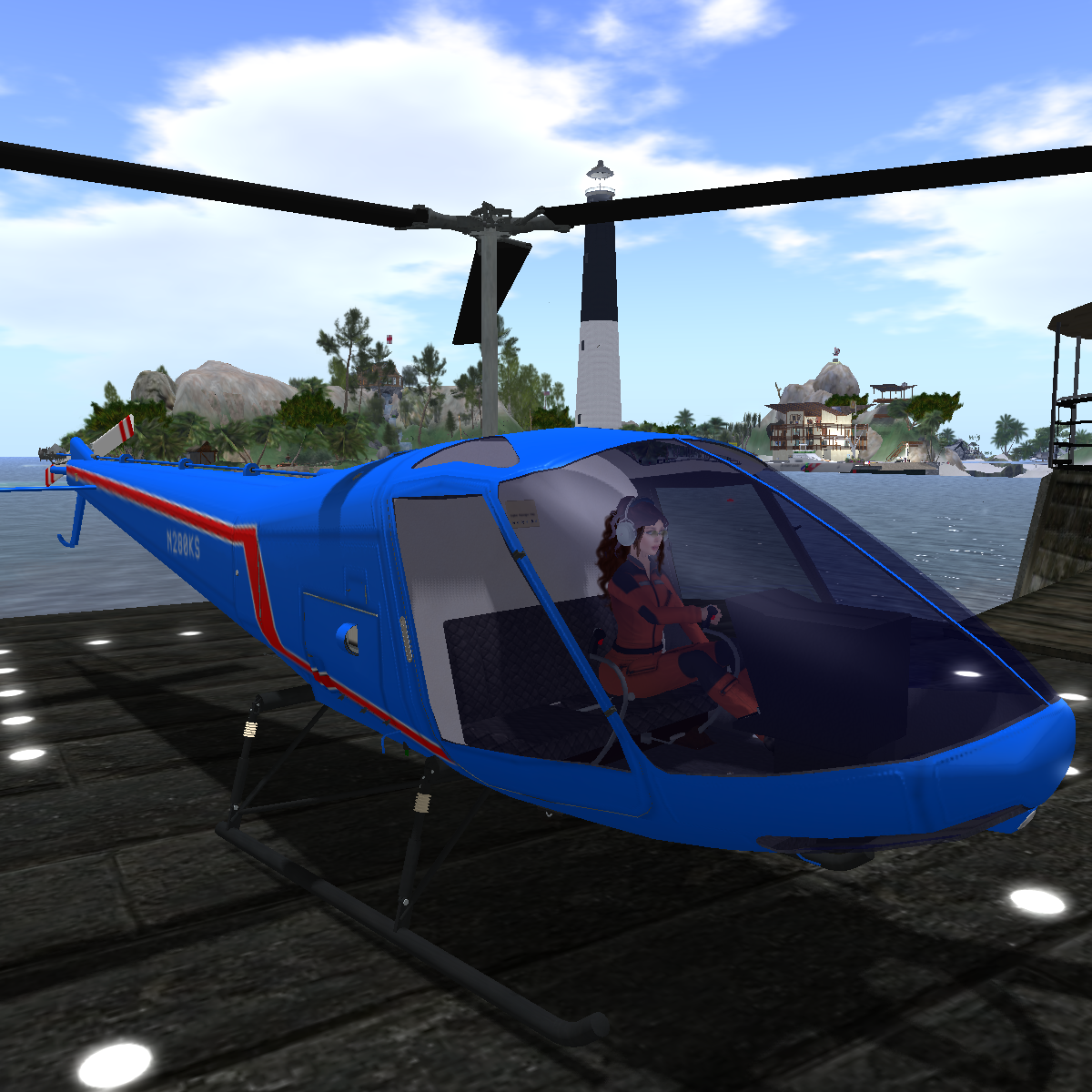Difference between revisions of "Enstrom 280C"
| Line 67: | Line 67: | ||
# [[Enstrom_280C/Weight and Balance|Weight and Balance]] | # [[Enstrom_280C/Weight and Balance|Weight and Balance]] | ||
# [[Enstrom_280C/Systems|Systems]] | # [[Enstrom_280C/Systems|Systems]] | ||
| + | # [[Enstrom_280C/Painting Resources|Painting Resources]] | ||
|} | |} | ||
</div> | </div> | ||
Latest revision as of 23:26, 5 October 2021
|
Enstrom 280C | ||||||||||||||
|
| ||||||||||||||
|
The Enstrom 280C "Shark" is one of many variants of the original F-28 design introduced in 1965. The 280C, introduced in 1975, features more power, a turbocharger and an aerodynamically refined design. It is powered by a Lycoming HIO-360-F1AD producing 225HP. It can seat two people when the right seat controls are installed, or 3 people when the controls are removed. Unlike many helicopters, the pilot sits in the left in the Enstrom due to the removable controls. The SA-FE (Shergood Aviation Flight Engine) engine driving this virtual reproduction was created by an RL helicopter pilot and designed to fly like an RL helicopter. The engine is purely physics based and features independent control of cyclic, collective, throttle and anti-torque pedals enabling true power-off autorotations.
Features
|
|
Master Contents
- Sounds - Lorin Tone
- White, Black, Red, Blue, Pink and Army paints - Kitty Schrödinger (schrodinger.turbo)
- Navy paint - pascal kira
- Testing - Lanelle Saunders and Alexander (aleksandr.string)
- Design, Mesh, Textures and Scripting - Kelly Shergood
